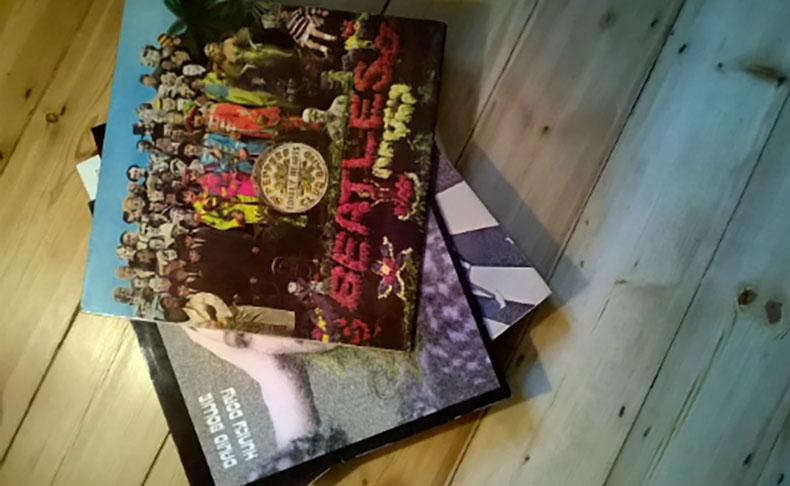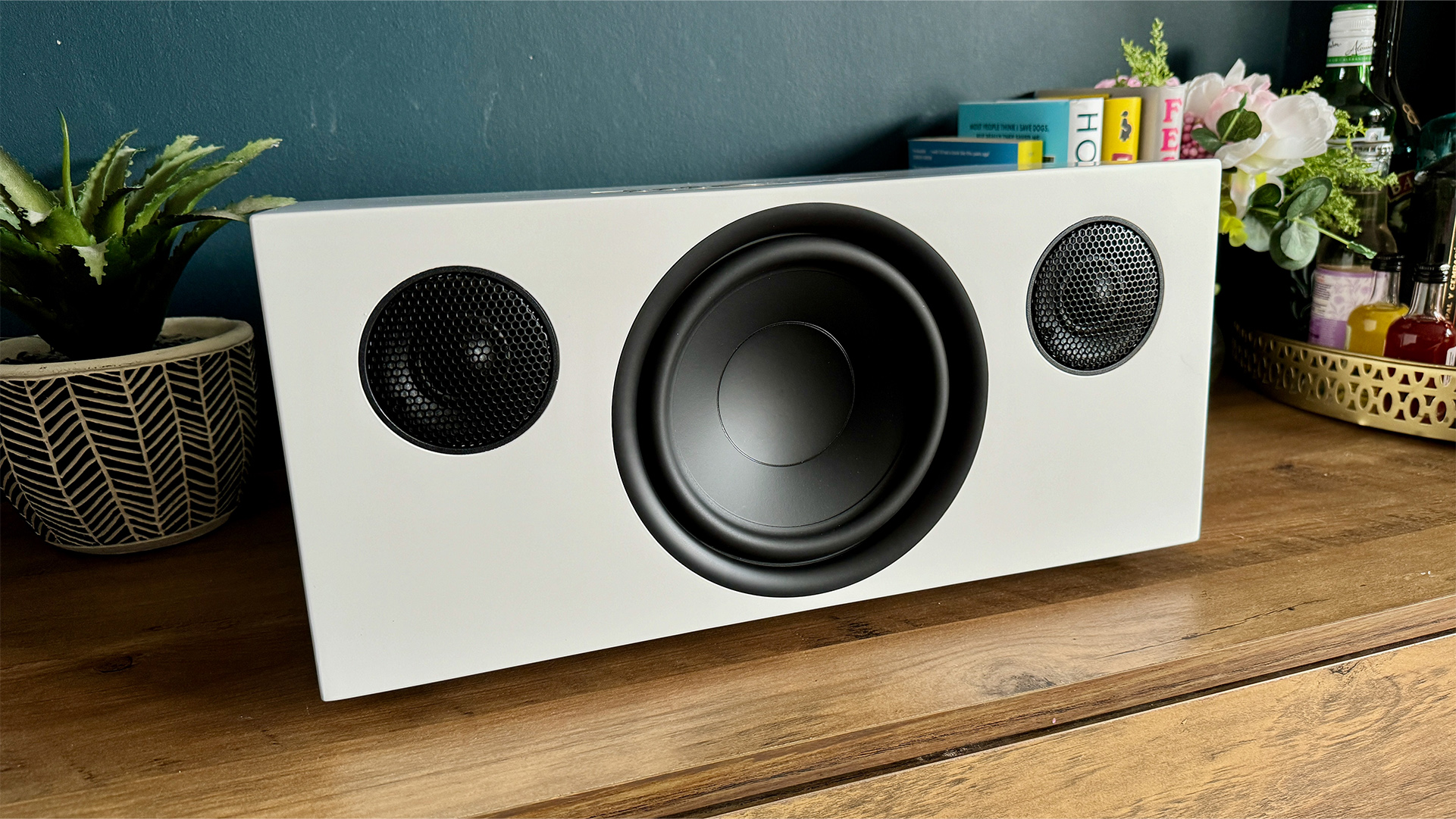Vinyl makes more than YouTube as format hits 21-year high

The BPI, the trade organisation for the British music industry, called on the Government to do more to bridge the 'value gap', which sees free music services such as YouTube clock-up huge numbers of streams while contributing disproportionately low revenues.
Calling 2015 a "stellar year", the BPI revealed that while 'album equivalent sales' (which include music and video streams) increased by 12.9 per cent in the UK in 2015, total income from sales and streams dropped by 0.9 per cent.
The BPI lays the blame squarely at YouTube's door, saying it accounts for nearly 20 per cent of all music consumption - up 88 per cent year-on-year - while only contributing 4 per cent of UK revenues (£24.4 million).
Vinyl albums by contrast accounted for just 2.6 per cent of total sales but contributed almost the same amount of money (£25.1 million). (A similar story was reported by the US music industry earlier this year.) Vinyl album sales increased to 2.1 million in 2015, the highest number for 21 years.
MORE: The biggest vinyl retailer on the high street is now Sainsburys
Streaming continued to grow, fast replacing downloads as the digital format of choice. The Official Charts recorded 26.6 billion audio streams (up 82 per cent) and 26.9 billion video streams (up 88 per cent) in 2015. Downloads were down 13.5 per cent by contrast. Streams, now part of the charts, accounted for 66.4 per cent of the singles market and 27.3 per cent of album 'sales'.
Geoff Taylor, BPI and BRIT Awards chief executive, said: "The fact that sales revenues dipped in a record year for British music shows clearly that something is fundamentally broken in the music market... dominant tech platforms like YouTube are able to abuse liability protections as royalty havens, dictating terms so they can grab the value from music for themselves, at the expense of artists. The long-term consequences of this will be serious, reducing investment in new music, making it difficult for most artists to earn a living, and undermining the growth of more innovative services like Spotify and Apple Music that pay more fairly for the music they use.
Get the What Hi-Fi? Newsletter
The latest hi-fi, home cinema and tech news, reviews, buying advice and deals, direct to your inbox.
"In 2015, UK fans streamed almost twice as many music videos as the year before; tens of billions more views. Yet artists and labels did not benefit from the increased demand for what they created. This is wrong. Music is precious – it’s not a commodity to be strip-mined for big data. And as we’ve seen time and again in the digital market, where music goes first, the rest of the content sector will follow. This problem requires urgent action by the EU, and our Government needs to take the lead in making sure it is tackled."

Joe is the Content Director for What Hi-Fi? and Future’s Product Testing, having previously been the Global Editor-in-Chief of What Hi-Fi?. He has worked on What Hi-Fi? across the print magazine and website for almost 20 years, writing news, reviews and features on everything from turntables to TVs, headphones to hi-fi separates. He has covered product launch events across the world, from Apple to Technics, Sony and Samsung; reported from CES, the Bristol Show, and Munich High End for many years; and written for sites such as the BBC, Stuff and The Guardian. In his spare time, he enjoys expanding his vinyl collection and cycling (not at the same time).
